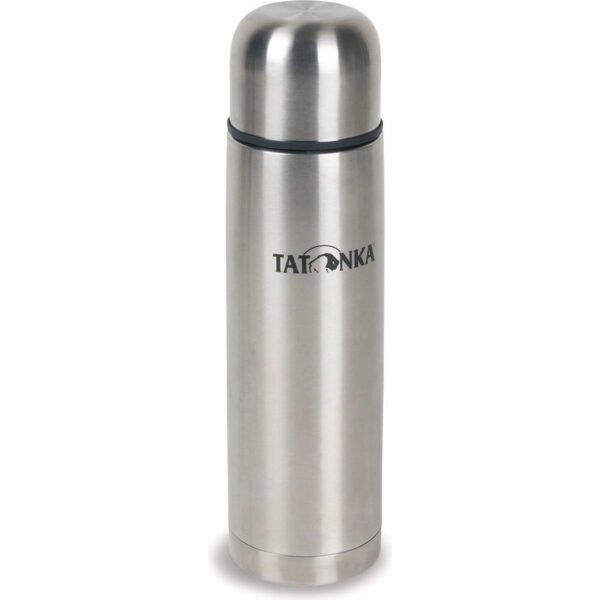Seeds are true nutritional treasures. They are best eaten raw, when they are most nutritionally valuable. Brown flax has a typically nutty flavor, while golden flax has a milder flavor. Both types have almost identical nutritional components, differing only in the color of the seed.
From the point of view of nutritional value, flax seeds are a so-called superfood. They are characterized by a high content of vitamins B1, B2, B3, B5, B6, vitamin E. Furthermore, they contain calcium, iron, manganese, magnesium, phosphorus, potassium, selenium and zinc. Flax seeds contain approximately 30% fat, specifically omega 3 fatty acids, which are mainly found in fish oil, have a beneficial effect on fat metabolism (reduce LDL cholesterol). In addition to beneficial omega 3 fatty acids, flax seeds also contain concentrations of phytoestrogens lignans, which are plant estrogens that behave similarly to human estrogens in our body. Pregnant and breastfeeding women should avoid consumption.




